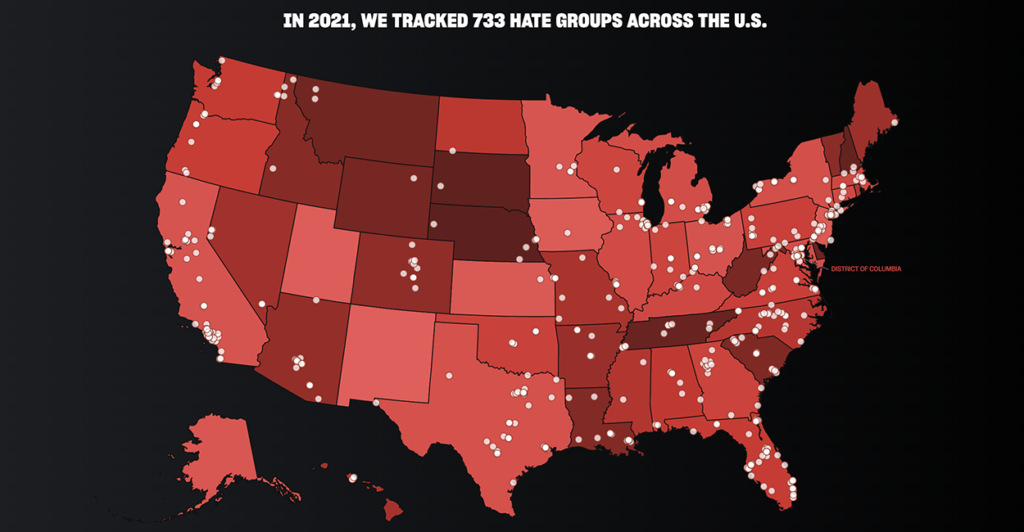
The Daily Signal
June 4, 2023
By Tyler O’Neil
In order to win a defamation lawsuit, the person suing must convince the court and ultimately the jury that the slanderer didn’t just publish something false, but that he did so even while suspecting that the attack was false.
Immigration enforcement activist D.A. King’s lawsuit against the Southern Poverty Law Center made it to the discovery process while so many other lawsuits have failed precisely because King showed that the SPLC had reason to doubt the truth of its claim that his organization, the Dustin Inman Society, was an “anti-immigrant hate group.” In fact, the SPLC had explicitly stated that the society was not a “hate group” in 2011, but it reversed course in 2018, right after registering a lobbyist to oppose a bill the society supported.
As I wrote in my book “Making Hate Pay,” the SPLC routinely brands mainstream conservative and Christian organizations “hate groups,” putting them on a map with chapters of the Ku Klux Klan. This smear inspired a terrorist attack in 2012, but when conservatives sue to defend their good names in court, they repeatedly fail, in part because they do not allege that the SPLC itself doubted the “hate group” smear.
King can claim that, and newly revealed evidence bolsters his claim even further.
According to an article King unearthed on the SPLC website, not only did the SPLC state publicly that his group was not a “hate group” before it reversed course, but an SPLC whistleblower who went on to describe the SPLC’s “hate” accusations as a “highly profitable scam” had himself been involved in the SPLC’s monitoring of King’s organization. He even quoted a source who stated that an early version of King’s organization was not a “traditional ‘hate’ group.”
RELATED: SPLC to Face the Music for ‘Hate Group’ Defamation as Lawsuit Clears Major Hurdle
In 2019, the SPLC fired its co-founder, Morris Dees, amid a racial discrimination and sexual harassment scandal that barely made a blip in the legacy media. At the time, a former SPLC employee by the name of Robert Moser published an article, “The Reckoning of Morris Dees and the Southern Poverty Law Center” in The New Yorker.
Moser wrote about the guilt he “couldn’t help feeling about the legions of donors who believed that their money was being used, faithfully and well, to do the Lord’s work in the heart of Dixie. We were part of the con, and we knew it.” He wrote that SPLC staffers would chat “about the oppressive security regime, the hyperbolic fund-raising appeals, and the fact that, though the center claimed to be effective in fighting extremism, ‘hate’ always continued to be on the rise, more dangerous than ever, with each year’s report on hate groups.”
“‘The S.P.L.C.—making hate pay,’ we’d say,” he wrote. “It was hard, for many of us, not to feel like we’d become pawns in what was, in many respects, a highly profitable scam.”
Moser’s revealing article has become even more important since he published it in 2019. Moser himself wrote for the Intelligence Project, the SPLC division that produces the “hate group” list. In fact, he also wrote an article about King back in 2005, in which one of Moser’s sources said the first version of King’s organization—known as American Resistance—was not a hate group…. please read the entire article here.


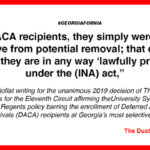





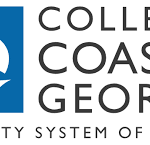









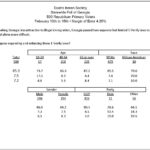


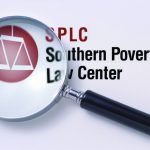

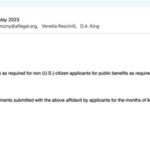
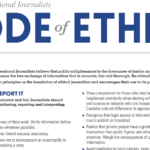
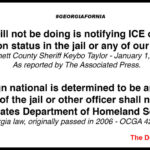









You must be logged in to post a comment.